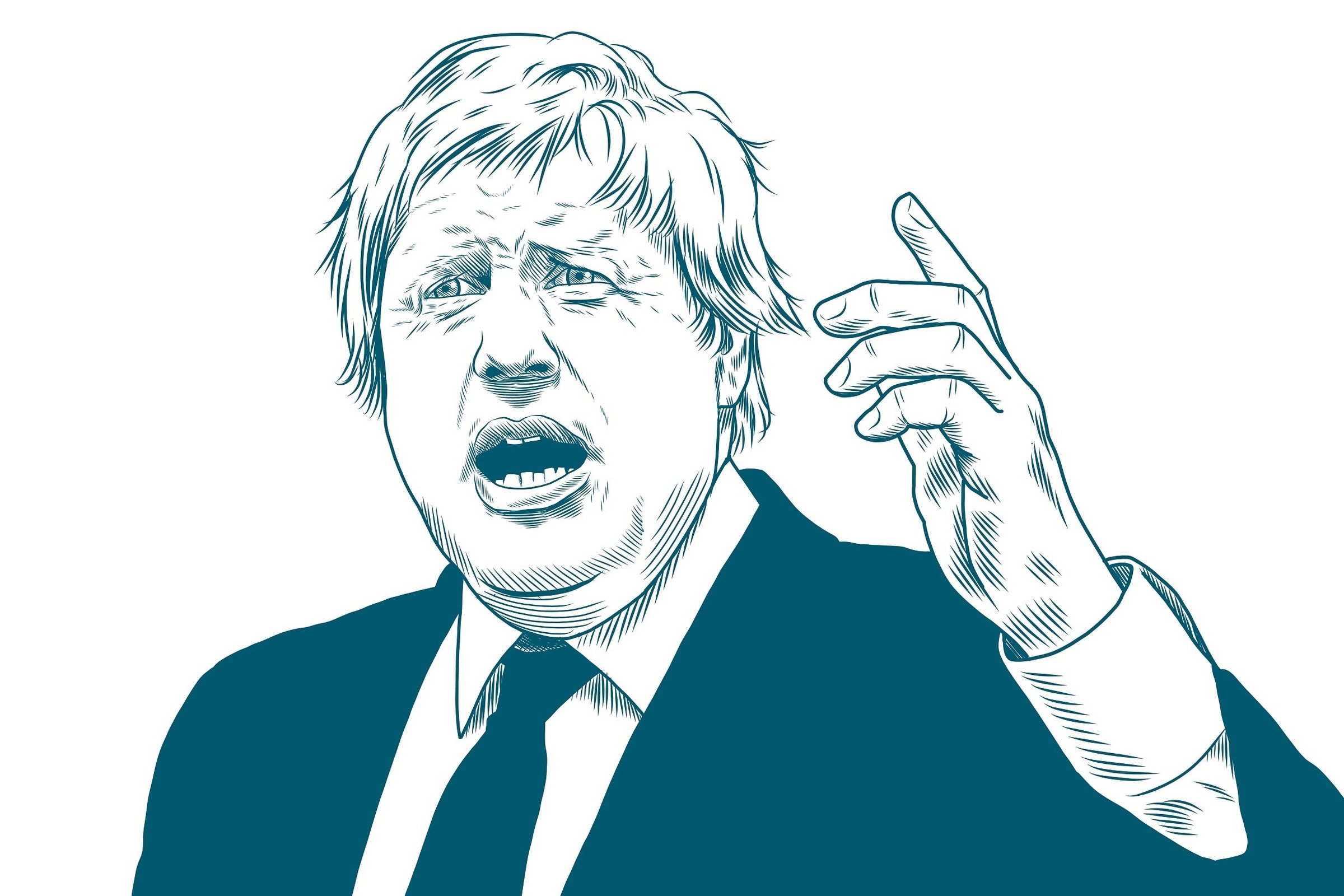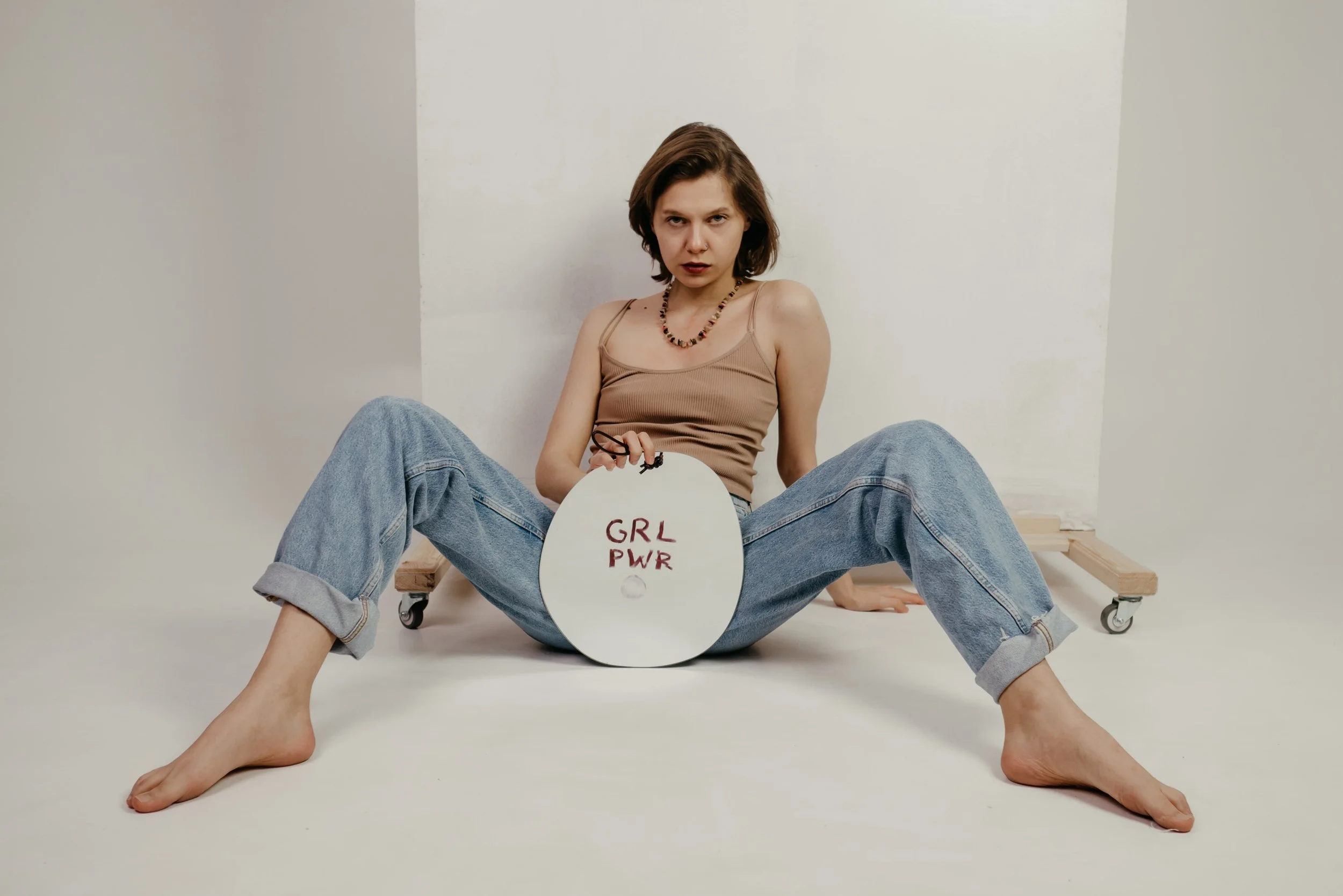Why a vote for the Tory party this December is a vote against feminism
by Alex Wright
I’m not the biggest fan of the Conservative Party, I’ll admit that. This shouldn’t be surprising: they’ve been in power as long as I’ve been old enough to have some form of conscious understanding about what politics is, and they’ve singlehandedly jeopardised every good thing about our country. Plus, their campaign slogan is “Britain deserves better”? Which isn’t wrong, we do deserve better – better than Boris Johnson and his cabinet of mis-informed, and, for the most part, privileged white men.
This is a party that consists of Jacob Rees-Mogg, who just this week proudly stated that the people of Grenfell died because they “lacked common sense”, and Boris Johnson, who made headlines not because of his fantastic political abilities but because he called gay men “tank-topped bumboys” and claimed he would rather “die in a ditch” than postpone Brexit past the 31st October. Newsflash: it’s now nearly the middle of November, and Johnson is still going strong. Apparently.
Like I said, I’m not the biggest fan of the Tories. However, as a woman, I feel like my angst against them is even more justified. These blue seat elitists have proven time and time again that they are not supporters of feminism – in fact, it’s exactly the opposite. For instance, Nick Conrad, a former BBC radio presenter who has just been selected as the Tory candidate for Broadland, once told women to “keep [their] knickers on” if they wanted to avoid being raped. David Cameron once told a female MP to “calm down, dear”, while Philip Hammond claimed that driving a train is so easy that “even a woman could do it”. And Johnson, the current leader of our country, once wrote that the way to deal with advice given by a female colleague was to “just pat her on the bottom and send her on her way”.
These are just some examples of how members of the Conservative party have been vocally sexist; it speaks nothing, however, of their policies and how these have negatively affected women around the country. Indeed, it’s increasingly and statistically evident that Tory policies over the last 10 years have hit women the hardest. Take, for instance, the “rape clause” that was enforced which means that in order to claim child tax credit for more than two children, women must state they believe the “non-consensual exemption applied to [their] child” and then give the child’s name, alongside submitting two forms completed by a professional who the woman has spoken to about the coercive act. Unsurprisingly, an incredibly traumatic process.
Since 2010, women have taken on 86% of the austerity burden, which has essentially cost women of this country £79 billion. By 2022, Women’s Budget Group predicts that women will lose on average £1400 a year thanks to Universal Credit – while men will lose £1200. BAME women will be hit even harder, losing approximately £1500 a year.
That’s not all: women are more likely to work in the public sector, which is affected by the ongoing pay freeze, and they’re more likely to need social support services, which are being cut left right and centre. Plus, thanks to the Tory cuts, life-saving specialist domestic violence refuges are being closed up and down the country – refuges that are predominately used by women to escape forced marriages and coercive control.
More recently, Johnson’s proposal to introduce a law wherein voters would be required to produce photographic ID in order to vote was disappointing, but not surprising. This is a law that is problematic to say the least but is most damning to women – particularly BAME women – and could potentially set the feminist movement back decades. If you look at DVLA data, women in particular are less likely to hold a driving license – especially if they’re under 20 or over 65. Additionally, it is likely that the poll clerk would be required to compare the face of the voter with the photo, which is prejudiced against women who keep their faces covered for religious purposes – such as Muslim women. Women are amongst a number of groups – including poorer people and the BAME community – that are statistically more likely to vote Labour or Liberal over Conservative. It would be naïve to believe that Boris Johnson and the rest of the Cabinet do not have access to or are aware of these statistics. It has to be assumed that they know the new policy will negatively discriminate against a number of groups, particularly women, to varying degrees.
The Tory party has been plagued by stories of sexism for decades. This is not a new phenomenon, nor is it one that’s going to magically go away. While there are positives as well as negatives for voting Conservative – as there are with all parties – there is no denying that the Tory election win on 12th December would have devastating consequences for women across the country.
Title image by Mike Trukhachev, Shutterstock
Alex Wright is a freelance journalist and editor based in Leeds, with an MA in English Literature from the University of Leeds. Read more by Alex on Harpy.





